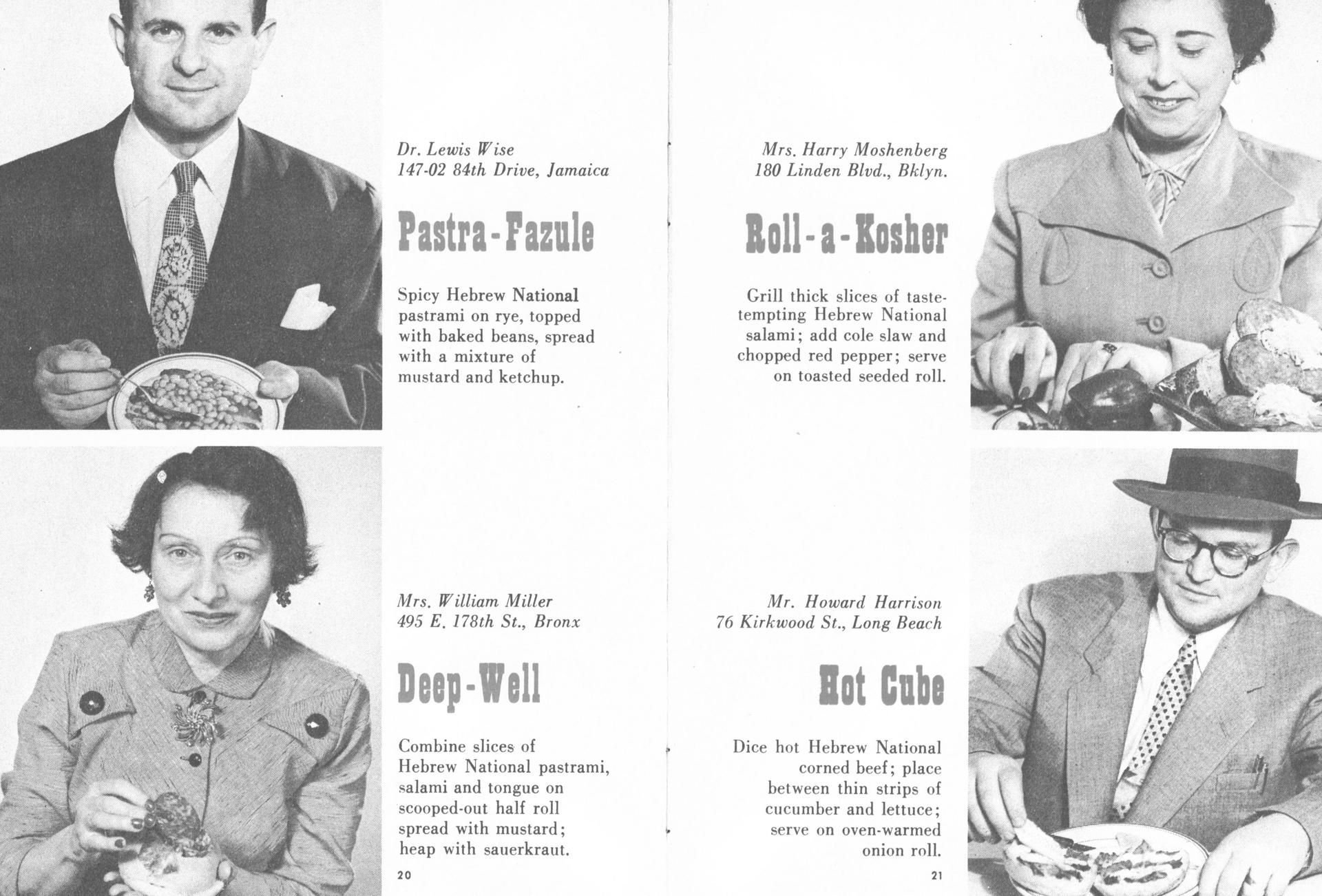In 1888 Katz'sDeli was the first Jewish American delicatessen to open in New York.
Overstuffed pastrami or corned beef on rye? Today these are popular dishes of choice in Jewish American delicatessens — a hallmark of an iconic New York institution.
The history of the New York Jewish deli is an intriguing one told in detail by author Ted Merwin in his new book “Pastrami on Rye: An Overstuffed History of the Jewish Deli.”
Though the first Jewish American deli opened in 1888 in New York, he writes, it was only in the 1920s that the deli became a celebrated gathering place in Jewish and American life and the signature sandwiches a standard.
For the first Jews who immigrated to the United States and established the first Jewish delis here, meats like pastrami were high-priced delicacies.
“If you think about 'Fiddler on the Roof' for example, there’s no scene where Tevye and his family are sitting around eating pastrami sandwiches,” says Merwin. “This was like the caviar of Eastern European Jewish life.”

Between the wars, Merwin says access to luxurious meats epitomized a rise from rags to middle- and upper-class — and the delis in which they were served became a safe haven and place of fellowship.
Anti-Semitism was prevalent, and delis were a home away from home. Among kinsman, fears subsided and worries dispelled.
“Somehow in the delicatessen, that got forgotten,” says Merwin. “They really became the primary gathering place. Sunday night in the Jewish deli kind of replaced Friday night in the synagogue.”
.jpg&w=1920&q=75)
In the theatre district, Jewish delis expanded in popularity among celebrities, increasing morale in the Jewish community.
“These were places where Jews could not only rub shoulders with the stars of the stage and screen of the day, but places where they could actually feel like they were becoming almost like celebrities themselves,” says Merwin. “Sense of celebrity of importance of having finally arrived in America.”
While the upward mobility of the American Jews led to a decrease in the eatery’s prominence in the community, the trademark sandwich, which Merwin argued was a symbol of American bounty, never wavered in its standing.
“It’s something that’s still a part of the enduring appeal of the deli and the enduring appeal of Jewish life in New York,” says Merwin.
.jpg&w=1920&q=75)